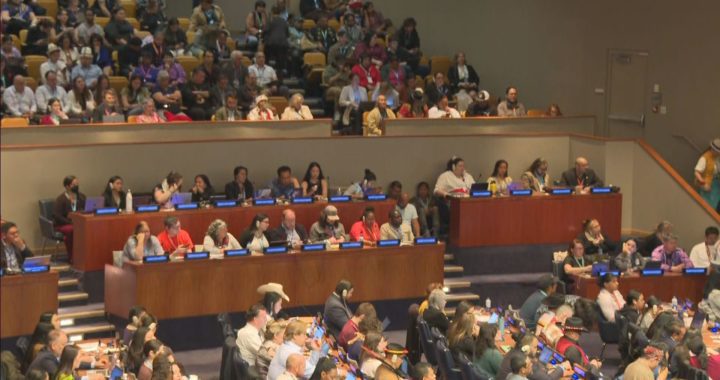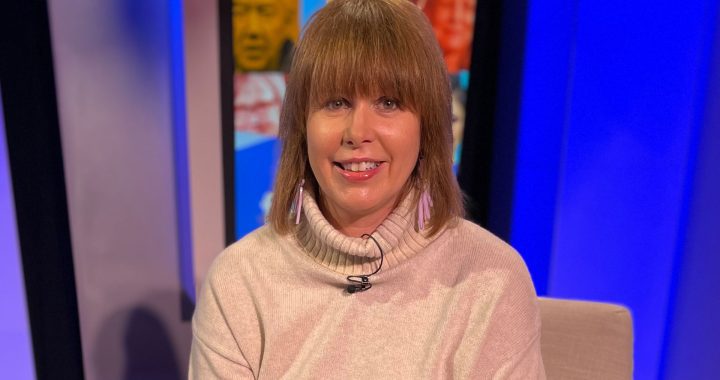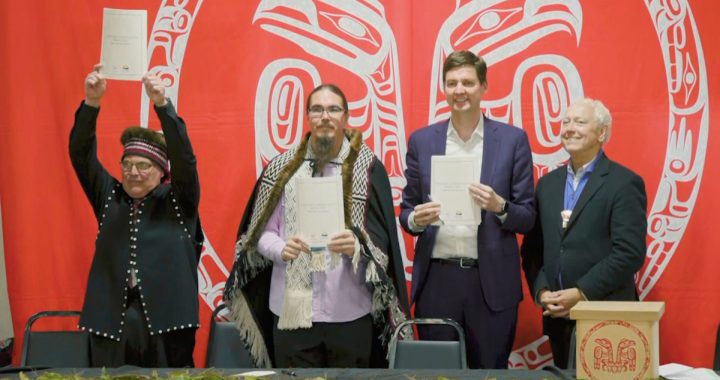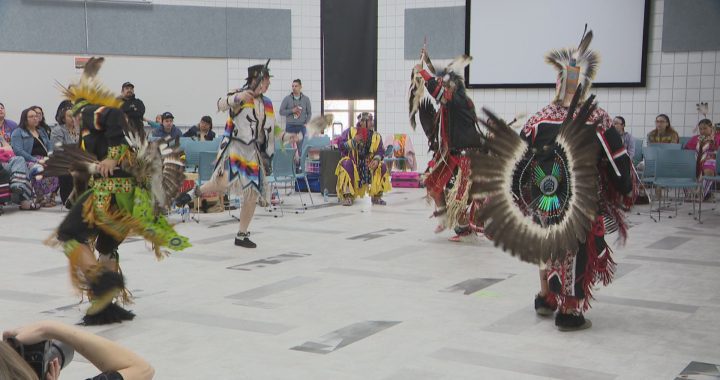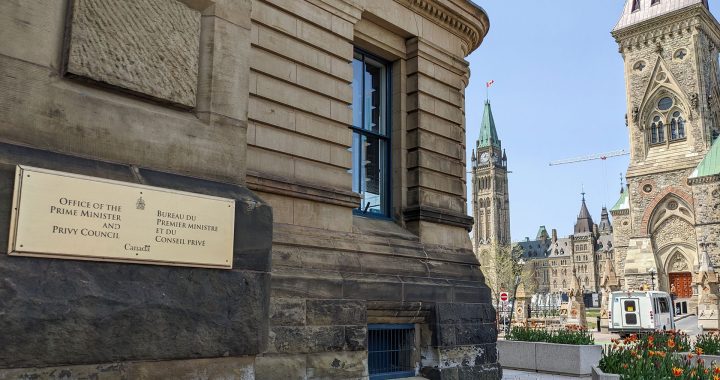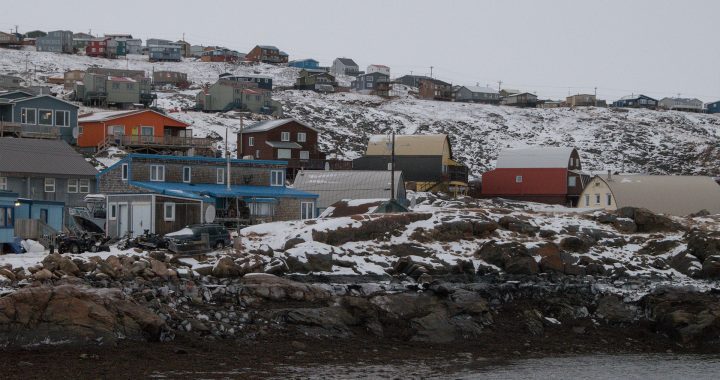Canada continues to grapple with the new COVID-19 Omicron variant and Wednesday the federal government announced the extension of some benefits to help businesses and workers deal with the financial hardships.
The extensions are largely targeted at the tourism and hospitality sectors who are being affected by new lockdowns and capacity restrictions.
The benefits include $300 per week to workers who qualify as well as rent and wage subsidies to affected businesses.
They are retroactive to Dec. 19 of this year to Feb. 12, 2022.
In a virtual press conference, Prime Minister Justin Trudeau confirmed three members of his staff and another three from his security team have tested positive for COVID-19.
He says he fully understands that after two years Canadians are tired of the pandemic but they need to think now of frontline workers and what is best for the country.
“When you think of how tired you are, how weary you are of having to deal with this COVID crisis that continues to go on and on, know that there are people more tired than you,” Trudeau says. “Know that our health-care workers haven’t had much of a break for the past two years. That they’ve been going flat out.”
The new variant has been hitting provinces like Quebec and Nova Scotia hard.
However, Dr. Evan Adams, deputy chief medical officer Indigenous Services Canada, says it remains to be seen how Omicron will affect First Nations communities across the country.
“There are so many factors that we just don’t know about that I think we are all saying, ‘Maybe we should be careful in the coming days and less laissez-faire,’” he says. “So, I think people are changing their Christmas plans.”
The Peter Ballantyne Cree Nation in northern Saskatchewan was one of the first communities in the province to be affected by COVID-19 in early 2020.
Nevertheless, Chief Karen Bird says, luckily they have not been hit by an Omicron outbreak just yet.
All the same, the First Nation is telling people to keep their contact numbers low over the holidays.
“It’s easier said than done when you can’t see family,” Bird says. “It’s heartbreaking and I feel for the people. And as long as you do what you can for your family, have a family dinner, have your gifts for family – the other extended family, we’ll see each other again. And there’s always Zoom calls, phone calls. Make use of that.”
Dr. Adams also had this to say about First Nations and the new variant.
“The number of us who have had two vaccinations is slightly less than that of the Canadian average. The Canadian average for two vaccinations is quite high – it’s over 90 per cent and we’re just under that. We know that Omicron has shown that – at least the MRNA vaccines – are slightly less effective against Omicron. So, having a third dose greatly boosts immunity.”
Indigenous Services Canada has so far not announced any new programming or funding to help First Nations deal with the Omicron variant.




